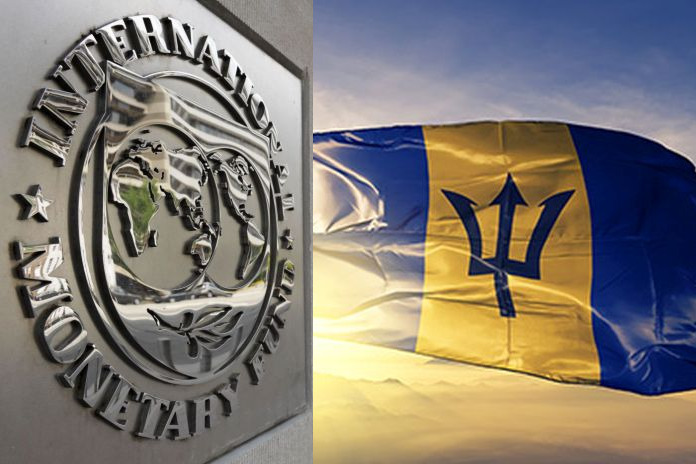USA / BARBADOS – The executive board of the International Monetary Fund (IMF) concluded the Article IV consultation with Barbados and completed the second reviews of the Extended Fund Facility (EFF) and the Resilience and Sustainability Facility (RSF) arrangements.
The completion of the reviews allows the authorities to draw the equivalent of SDR 14.175 million (about US$19 million) under the EFF and SDR 42.525 million (about US$57 million) under the RSF.
Barbados continues to advance the implementation of its comprehensive economic reform program and climate policy agenda. The economy has weathered the COVID-19 pandemic and other recent shocks well and macroeconomic stability has been preserved. Economic activity has recovered strongly, with ten consecutive quarters of growth, driven by a rebound in tourism. In the context of an expanding economy, the authorities are placing renewed focus on structural reforms with the aim of achieving inclusive and sustainable growth and increasing resilience to climate change while maintaining debt sustainability and social cohesion.
After a 13.8 percent-rebound in 2022, real GDP is projected to expand by about 4.5 percent in 2023. Inflation has fallen to 4.3 percent year-over-year as of mid-2023, from a peak of 6.7 percent recorded in May 2022. Lower international fuel prices and freight costs contributed to the reduction in overall inflation, while prolonged drought conditions and higher demand for restaurants and recreational activities driven by the recovery in tourism pushed up the prices of some food items and domestic services. The economic recovery resulted in higher job growth, with the unemployment rate reverting to pre-pandemic levels. The fiscal position has continued to strengthen, and international reserves remain ample, supporting the exchange rate peg.
The economy is expected to continue growing and inflation to moderate, with real GDP and tourism returning to pre-pandemic levels in the near term. The current account deficit is expected to narrow as tourism and commodity prices fully normalize.
Following the executive board’s discussion Bo Li, deputy managing director and acting chair, made the following statement:

“Barbados is advancing the implementation of its homegrown Economic Recovery and Transformation (BERT) Plan and its ambitious climate policy agenda, supported by the Extended Fund Facility (EFF) and the Resilience and Sustainability Facility (RSF) arrangements.
“After successfully weathering a series of shocks in recent years, the Barbadian economy has recovered strongly amid a rebound in tourism. The fiscal balance has strengthened, the public debt-to-GDP ratio is declining, and international reserves have risen. Inflation is moderating driven by lower fuel prices and freight costs, and unemployment has fallen.
“The authorities’ focus on reducing debt through higher primary surpluses while maintaining adequate social and capital expenditure is appropriate. The revenues arising from the corporate income tax reform are expected to be used to increase public investment, including on climate resiliency.
“Progress is being made on structural reforms, including steps to strengthen revenue administration, modernize the tax exemptions framework, enhance public financial management, and unlock the economy’s growth potential. Advancing pension and state-owned enterprise reforms is important.
“Ample international reserves continue supporting the exchange rate peg, which remains a key anchor for macroeconomic stability. The authorities are working on enhancing their monetary policy toolkit and financial sector oversight. The significant progress made in strengthening the AML/CFT framework is an important achievement.
“The authorities are advancing their ambitious climate policy agenda to increase resilience to climate change and green the economy. Important reforms are being implemented to achieve these objectives, including by incorporating climate considerations into the budget process, improving the disaster risk management framework, providing incentives for the purchase of electric vehicles, and addressing regulatory gaps to facilitate investments in renewable energy. The climate policy reforms are expected to help create an enabling environment that facilitates the mobilization of climate finance and private sector investment in climate-related projects.”
IMF Communications Department







